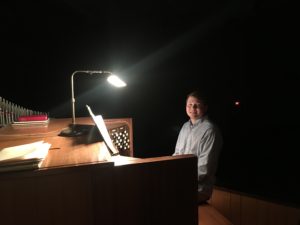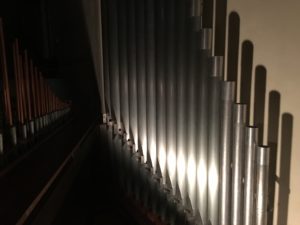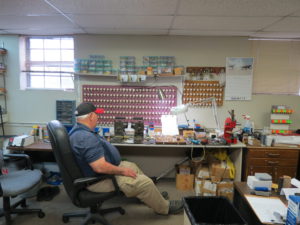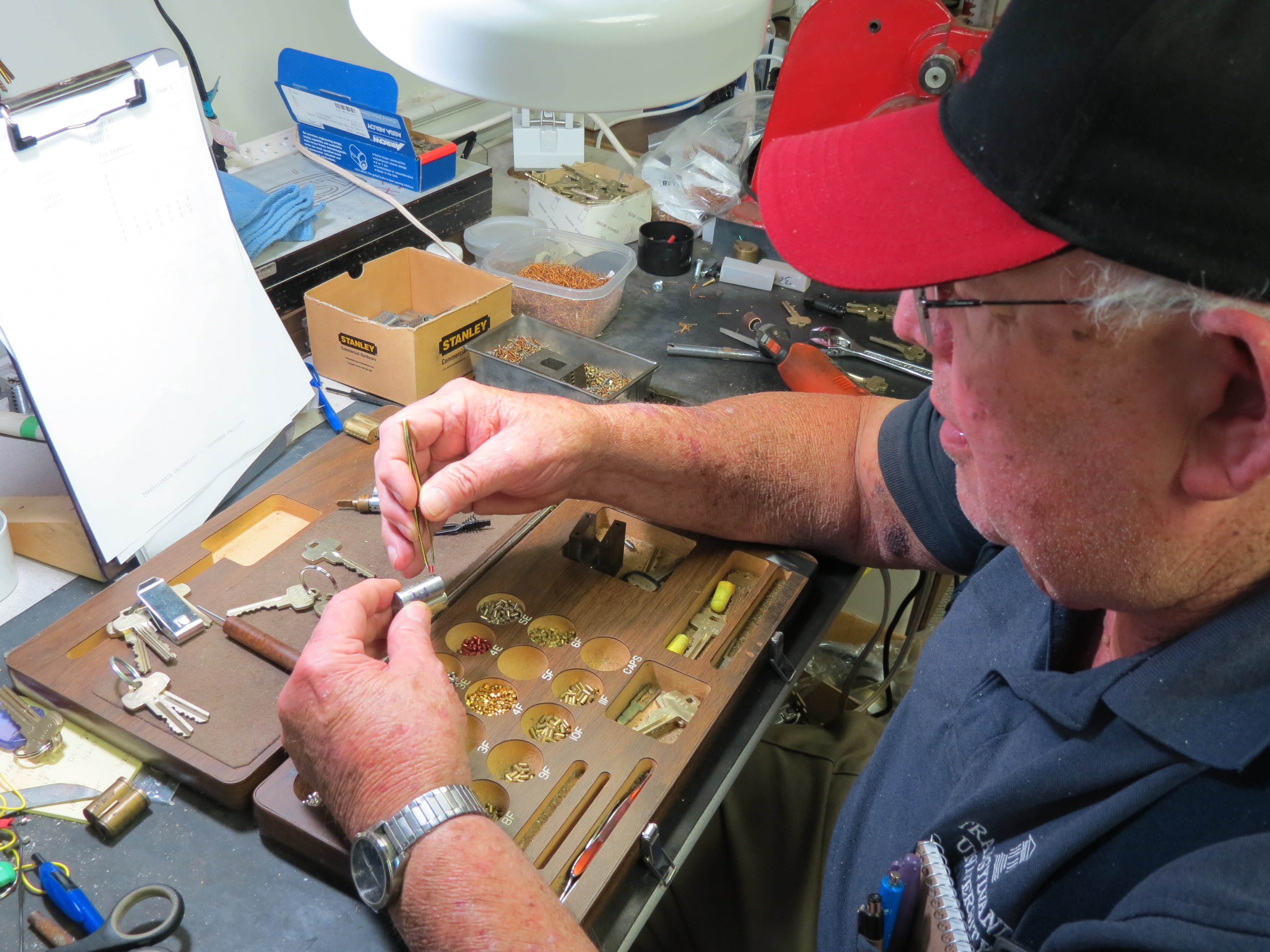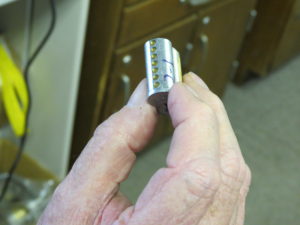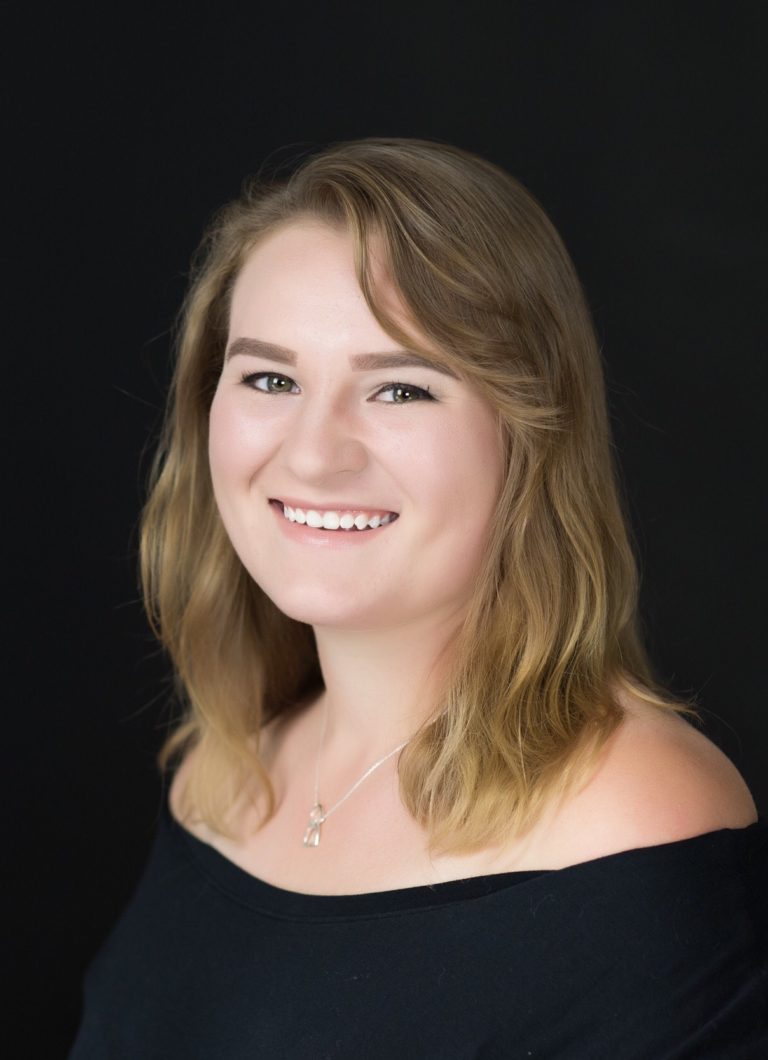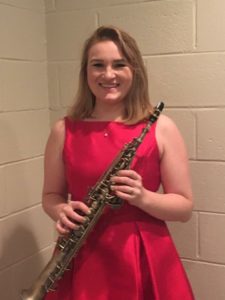The 2017 fall semester will welcome a new course and a new professor to Transy’s campus. Lexington native and UK graduate John Winn Miller will be teaching Intro to Journalism, which will count as a WRC (Writing, Rhetoric, and Communication) credit. However, WRC Program Director Scott Whiddon explains that making the course at an introductory level will open it to not just WRC and Communication majors and minors, but it will count as a General Education requirement as well.
“I see this as an introduction to journalism; it’s exactly what the name implies. There are no prerequisites, you simply have to have an interest to write, an interest with keeping up with the news, a desire to develop as a writer,” said Whiddon.
Although it is at an introductory level, Miller himself sees the course as covering a lot of various topics and subjects.
“It’s a beginning course, but it’s going to be very rigorous. There’ll be writing that I want to coordinate with Tom [Martin] for in the Rambler that our goal is to get published. At the same time, I really want to do a deep dive into how to build credibility, how to fashion a story, use of sources, ethics, so it’s going to be a lot,” said Miller. “I figure if the students are going to engage that much time with me, they deserve to get as much out of it as I can.”
The planning of the course is, in Miller’s words, a “team effort.” Whiddon, WRC Professor Kerri Hauman, and Rambler Advisor Tom Martin all played a role in the planning and process of this course.
The opportunity this class provides for students aspiring to be journalists is quite obvious. However, Hauman sees this an opportunity for students whose interests lie elsewhere as well.
“Whether or not someone is interested in the production of media, we are all consumers of media,” said Hauman. “Therefore, we should all learn how to be more savvy media consumers, regardless of our career intentions. Learning the basics of journalistic principles and practices, which is what people learn in an Introduction to Journalism course, is possibly the best way to become a more savvy media consumer.”
Similarly, Miller pointed out that the skills students learn in a course like this will be beneficial in varying aspects of life regardless of occupation or field of study.
“Learning how to research and write clearly, accurately, and quickly will serve you well, no matter what profession you go in. It’s being able to communicate your ideas, but understanding you got to do it using research, that it’s got to be accurate. Good journalism ought to be like good science; it ought to be repeatable and verifiable,” said Miller.
He added with a laugh that knowing how to write stories under a deadline made him significantly better in essay exams.
Miller himself has worked in a multitude of fields. Recently, he taught at UK and advised students in journalism and assisted them in receiving internships and jobs. He has worked for a variety of newspapers, serving as publisher for The Concord Monitor and The Olympian–where he also worked as president. He has been both the senior vice president and executive editor at The Tallahassee Democrat and the executive editor at The Centre Daily Times. Locally, he worked at The Lexington Herald-Leader as city editor, capital bureau chief, and investigative reporter.
Miller’s work has also taken him around the world. He was the Rome bureau chief for The European Wall Street Journal and the Rome correspondent for The Associated Press for four years which took him to Beirut, Libya, India, Ethiopia, and Bulgaria.
Whiddon credited Miller’s global experience as a great addition to the campus.
“He’s got the kind of global sensibility that I think fits in well with a place like Transylvania,” said Whiddon.
Outside of journalism, Miller still has a long list of work experience. He is currently the Chief Strategy Officer and Partner at Friends2Follow.com, a company that assists organizations in their social media outlets. In the entertainment industry, Miller is both an Indie Movie producer and screenwriter. In fact, one of the films on which he was an Executive Producer is “Band of Robbers,” which is a modern retelling of Tom Sawyer and Huckleberry Finn that can actually be watched on Netflix.
When looking back at his wide variety of positions and experiences, Miller notes, “I’ve just had this crazy career, none of which was planned.”
Hauman sees Miller’s presence on campus as a great opportunity for Transy students. She credits his experience as a journalist, as well as a documentarian and entrepreneur, as a unique perspective for Transy students to learn from.
“Even if a current WRC faculty member could find the time to offer an Intro to Journalism course, it would not be nearly as useful as it will be having Miller—someone with so much knowledge and experience and so many connections in the world of media and journalism—teaching it,” said Hauman.
His role at Transy does not stop in his classroom, however. Miller plans to be available to students in his class and to students working on the Rambler to be a “backboard for ideas.” He also hopes to give guidance, as he did at UK, on resumes, cover letters, and interviews.
As far as his classroom goes, Miller is truly embracing the Transy and liberal arts experience, explaining that he envisions his course as a “balance between me talking, the students discussing, and the students writing with kind of a feedback loop where we’re learning all the time.”




